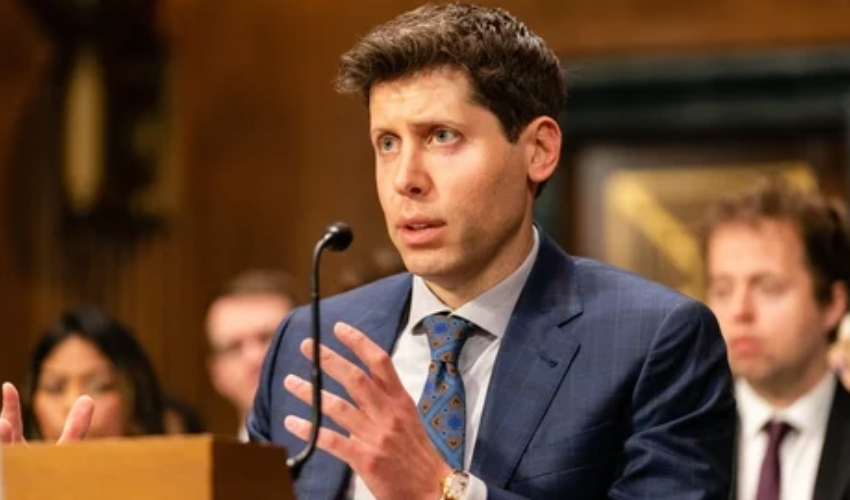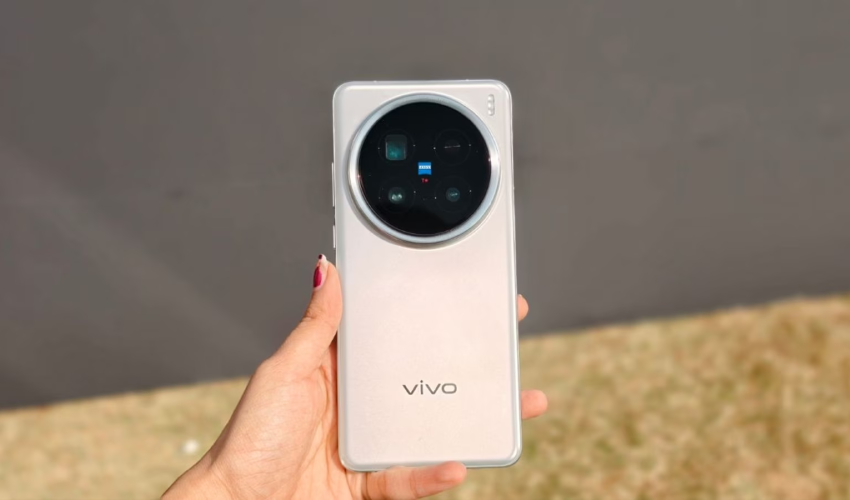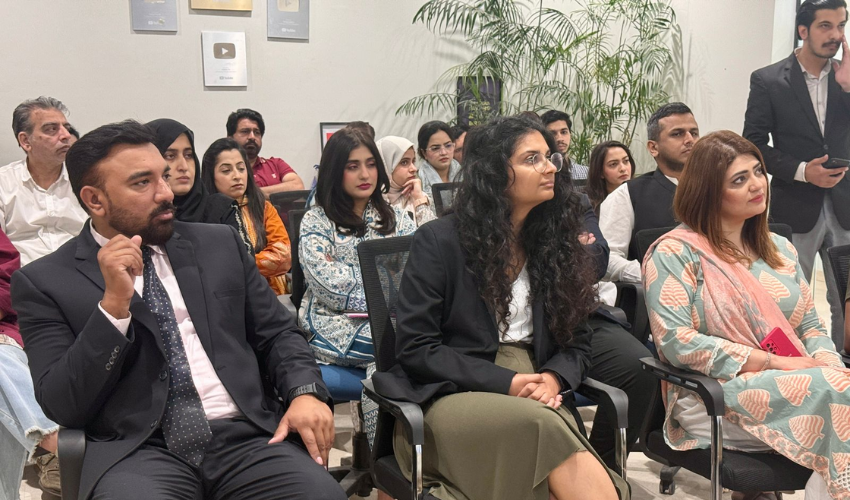OpenAI CEO Sam Altman was fired after a breakthrough in artificial intelligence. The breakthrough, which allowed the company to build a new model known as Q*, was made by a team led by OpenAI chief scientist Ilya Sutskever.
The model could reportedly solve grade-school math problems.
Reuters reported that this model provoked an internal firestorm, with several staff members writing a letter to OpenAI's board warning that the new breakthrough could threaten humanity.
AI experts told Business Insider that the ability to solve basic math problems would represent a huge leap forward from existing models, which struggle to generalize outside the data they are trained on.
"If it has the ability to logically reason and reason about abstract concepts, which right now is what it really struggles with, that's a pretty tremendous leap," said Charles Higgins, cofounder of AI training startup Tromero and a Ph.D. candidate in AI safety.
Fellow Tromero cofounder and Ph.D. candidate Sophia Kalanovska told BI that Q*'s name implied it was likely a combination of two well-known AI techniques, Q-learning and A* search.
She said this suggested that the new model could combine the deep-learning techniques that power ChatGPT with rules programmed by humans.
It's an approach that could help fix the chatbot's hallucination problem.
"I think it's symbolically very important. On a practical level, I don't think it's going to end the world," Kalanovska said.
"I think the reason people believe that Q* is going to lead to AGI is because, from what we've heard so far, it seems like it will combine the two sides of the brain and be capable of knowing some things out of experience, while still being able to reason about facts," she added.
"That is definitely a step closer to what we consider intelligence and it is possible that it leads to the model being able to have new ideas, which is not the case with ChatGPT."
AI expert and deep learning critic Gary Marcus expressed doubts about Q*'s reported capabilities in a post on his Substack.
"If I had a nickel for every extrapolation like that—'today, it works for grade school students! next year, it will take over the world!'—I'd be Musk-level rich," wrote Marcus.
OpenAI did not immediately respond to a request for comment from Business Insider, made outside normal working hours.



























